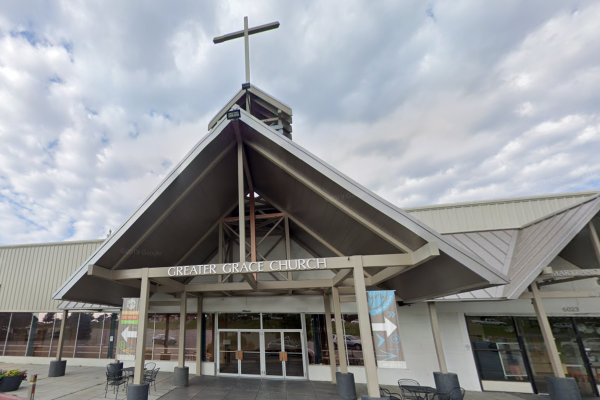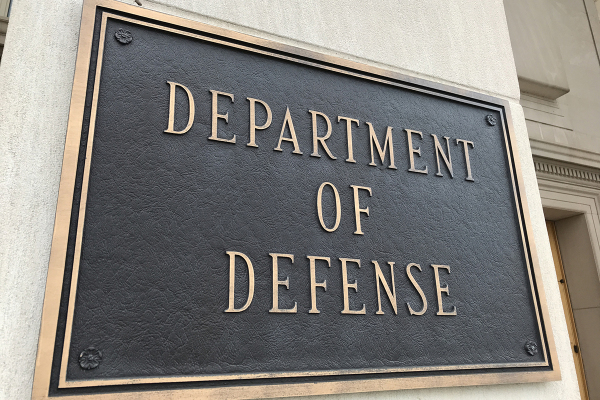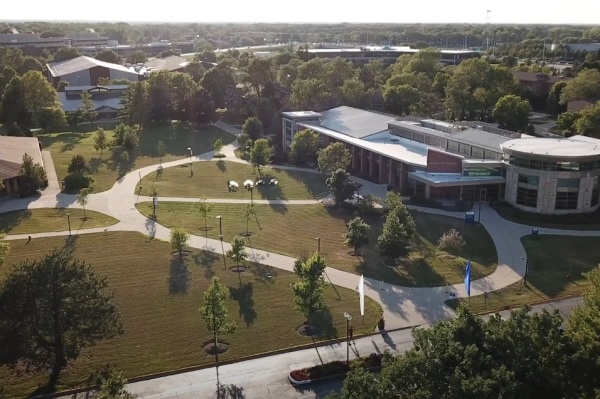Can Rick Perry Effectively Combine Politics, Faith?
Texas Governor Rick Perry has made it known he plans to announce his candidacy to enter the GOP presidential primary in South Carolina on Saturday. He is undoubtedly a political force to be reckoned with, but both critics and supporters are asking if Perry is going to be effective in combining his conservative political positions with his Christian faith.
Coming on the heels of the American Family Association’s sponsorship of “The Response,” the rally on Saturday that drew an estimated 30,000 people to Reliant Stadium in Houston for a day of fasting and prayer, Perry’s lead role put him in the driver’s seat to compete for and most likely capture a respectable percentage of conservative GOP voters.
Speaking of the “Texas sized” event, “It’s a plea to God to help our country,” Donald E. Wildmon, AFA’s founder and chairman emeritus, told The New York Times. Both Wildmon and Perry referred to the event as “a nonpolitical appeal to God.”
Rick Perry is a product of a hard-working, God-fearing, West Texas home. Anyone who has spent time in or traveled through this sparse, course land of endless cattle ranches and cotton farms can appreciate the cloth from which he is cut.
The three-term governor has successfully and steadily climbed the political ladder for the past 25 years. It appears, from all indications, he is just two rungs short of achieving the world’s most prestigious position – POTUS – also known as President of the United States.
You can’t even say Perry was a little-known candidate when he began his political career. He was a political unknown in the truest sense of the word. When he walked into his local election commission office to file his papers to run as a Democrat for a seat in the Texas House of Representatives, the clerk had no idea who he was. She just recalled Perry was a “good looking young man.”
After winning the election and taking his seat in the Capitol building, Perry worked hard to establish himself in Austin. In the late 1980s, he ventured into the national political scene as state chairman for then Sen. Al Gore’s failed bid to capture the Democratic Presidential nod. Soon afterward, Perry realized the political grass looked a bit greener on the Republican ranch next door. Perry made the move to the GOP and never missed a step in his steady climb.
But it is not so much Perry’s legislative or gubernatorial record that will come under scrutiny; it’s the manner in which he is combining faith and politics.
Former Arkansas Governor and 2008 GOP presidential contender Mike Huckabee brought the two together as well as anyone in recent history, but it didn’t change his mailing address to 1600 Pennsylvania either. Former Minnesota Governor Tim Pawlenty, former Pennsylvania Senator Rick Santorum, and Minnesota Congresswoman Michele Bachman are making valiant efforts to attract voters through statements of faith. But Perry is having the most success thus far and he’s not even officially in the race.
The overriding questions are how far can and how far should a candidate go in discussing his/her faith or the faith of a nation?
Perry’s detractors, and those who are critical of “The Response,” are making the point that politicians and others repeatedly say America is a “Christian” nation. They ask the question that if someone is not a Christian do they fall outside of Perry’s calls for “protection and blessing?”
Most pastors would say no, that those of another faith need prayers as much as the most fundamental Christian does and that regardless of our individual beliefs, God asks us to pray for everyone.
According to those who organized last Saturday’s rally, the gathering was an effort to bring persons of faith, and predominately the Christian faith, under one roof for a day of fasting and prayer for our nation and each other.
Like candidate Barrack Obama in the 2008 elections, presidential candidates are as known for those whom they associate with as much as they are for their positions on taxes and education.
Is it a mistake for Perry to associate himself with evangelical Christians and the pastors who lead them?
Pawlenty and Bachmann have embraced a pastor (in Pawlenty’s case) and distanced themselves from their former denomination (in Bachmann’s case).
Pawlenty’s pastor, Leith Anderson, is president of the National Association of Evangelicals. Bachmann and her husband Marcus recently denounced their association with the Lutheran church they attended for 10 years. The Bachmanns now attend a nondenominational church.
Former Massachusetts Governor Mitt Romney and former Utah Governor Jon Huntsman, both of whom are Mormons, appear to spend more time distancing themselves from their religion than they do embracing it.
The only GOP contender thus far not to come under routine attack for his faith is businessman Herman Cain, a devout churchgoer and outspoken Christian.
Perry may not be criticized for bringing faith into the political realm. Politicians have been doing that for over two centuries. What Perry seems to be receiving criticism for is the effective manner in which he is bringing both his faith and his policies to voters.






















